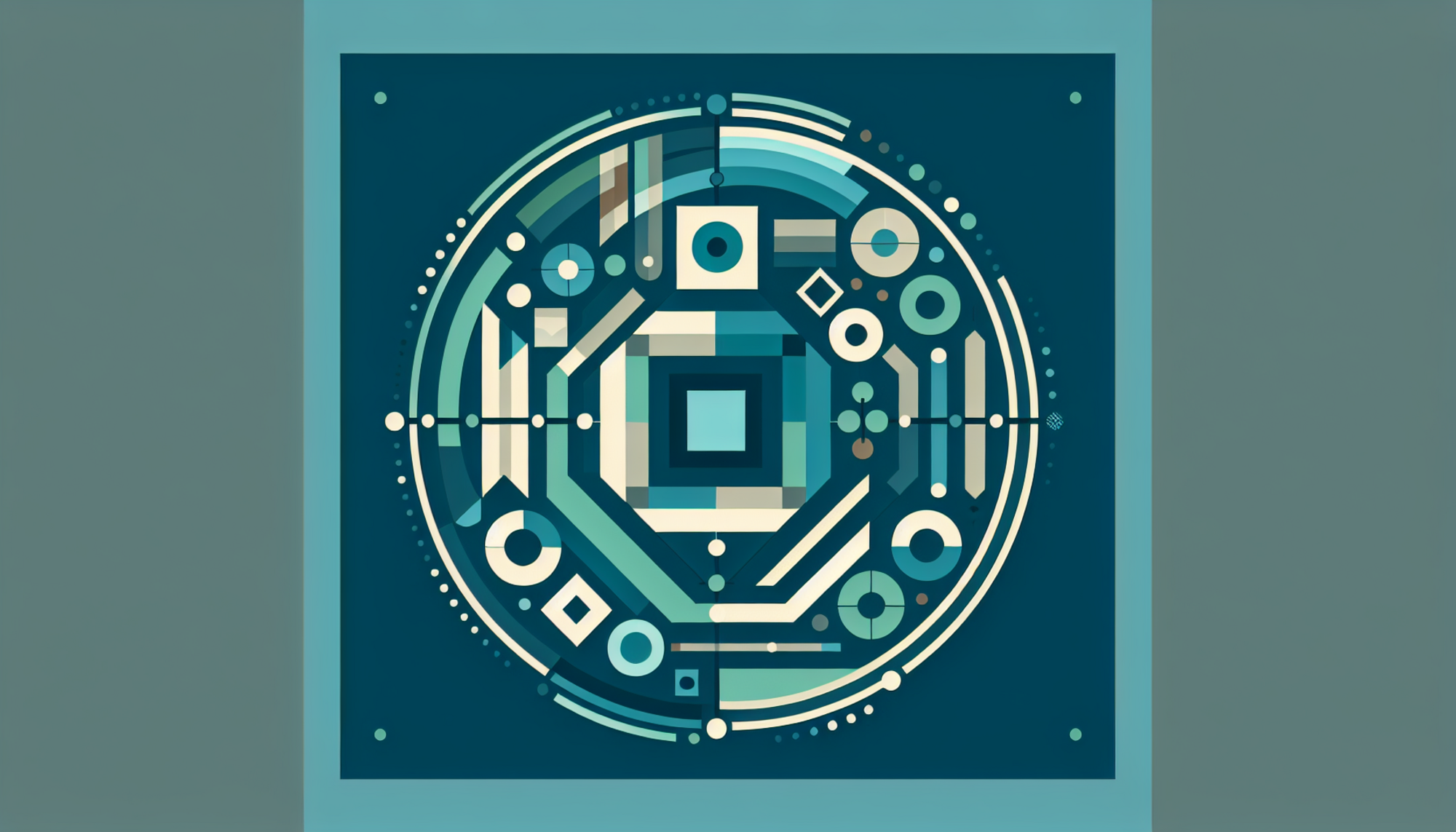Exploring the Latest AI Innovations: Privacy, Robots, and Shopping Reinvented

In an age where tech giants are battling for supremacy in AI, several recent blog posts have brought exciting innovations and applications under the spotlight. The world appears balanced on the precipice of change as developments range from hyper-personalized shopping experiences to advanced understandings of robotics and machine learning. Without further ado, let's unbox and analyze some of the intriguing contributions from the AI landscape.
Privacy Over Profit: The Rise of Secure Chatbots
A recent blog post from AI Daily News introduces a new AI chatbot created by ProtonMail founder Andy Yen, designed with privacy as a central theme. This endeavor brings up the ever-pressing issue of data security in AI applications. Unlike mainstream giants like ChatGPT that rely on user data for training, this new tool commits to a strict no-storage policy for individual conversations.
The question arises: in an industry often considered a gold mine for data-centric companies, could this privacy-first approach herald a much-needed shift in user trust and confidence in AI tools? As data breaches proliferate, the demand for ethical and transparent technology has never been higher. As Yen’s chatbot gains traction, it may indeed pave the way for a new industry standard where privacy is paramount.
Robots with Self-Awareness: A New Frontier
Meanwhile, at MIT, researchers have unveiled a promising system that enables robots to gain a kind of "bodily self-awareness" using solely visual input. As reported by MIT News, the Neural Jacobian Fields (NJF) can learn to control a robot from visual data captured by a single camera. Instead of conventional sensors, this system allows robots to learn and adapt based on what they observe, which could significantly reduce the cost and complexity associated with traditional robotics.
This move from programming robots to teaching them could democratize technology access, lowering barriers for developing advanced robotics. The potential applications seem limitless, from agriculture to construction, possibly transforming how industries approach automation while enhancing operational flexibility.
The Future of Shopping: Smarter and More Personal
In the sphere of e-commerce innovation, Google has jumped into the fray with its new AI Virtual Try-On and Smarter Price Alerts. This feature allows users to upload a photo and virtually try on clothing, eliminating the guesswork often associated with online shopping. It's overseen by Google’s robust Shopping Graph, promising to make smart recommendations and price alerts tailored to individual preferences.
This reveals a trend toward hyper-personalization in AI applications, leveraging data not just to enhance user experience but to create genuine connections between consumers and brands. Whether capturing outfit fits or tracking price drops in real time, such features could transform online shopping into a fully interactive experience while reducing return rates, a modern retailer’s nightmare.
Turning Data into Insight: The Chemical Properties Revolution
Stepping into chemistry, a new application named ChemXploreML has been launched to help researchers predict chemical properties with incredible accuracy and ease. As highlighted by MIT News, this tool streamlines the predictability of molecular properties, making advanced machine learning accessible to chemists without programming expertise.
This technology not only expedites drug discovery and material research but also ensures that machine learning becomes a tool for everyone in science, echoing a prevalent wish to democratize access to cutting-edge technologies across disciplines. If ChemXploreML’s predictions hold up, it could accelerate innovations across fields by simplifying methodologies.
Mapping the Planet: AI Takes Earth Observation to New Heights
On a broader scale, Google DeepMind recently introduced AlphaEarth Foundations, an AI model that integrates petabytes of Earth observation data to create a comprehensive mapping tool. By synthesizing information from diverse sources, this new model can provide insights on environmental changes crucial for sustainability efforts.
The implications of this technology extend beyond mere mapping; it represents a pivotal shift toward real-time monitoring of our planetary health, addressing critical issues such as deforestation and food security. It’s a splendid example of how technology can be harnessed to inform global challenges, potentially reshaping our relationship with the Earth.
Conclusion: The Tapestry of AI’s Promise
The emerging trends across these blog posts suggest an exciting tapestry woven with threads of privacy, personalization, accessibility, and environmental stewardship. As we forge ahead in this digital frontier, one can't help but anticipate a landscape enriched not only by technological advances but also by a conscientious consideration for humanity's collective good. Perhaps as the AI sector evolves, the golden rule of doing right by users—transparent practices and respect for privacy—will rise to the forefront.
References
- Proton Mail Creator Launches New AI Chatbot: A Privacy-First Rival to ChatGPT
- Robot, know thyself: New vision-based system teaches machines to understand their bodies | MIT News | Massachusetts Institute of Technology
- Google Launches AI Virtual Try-On and Smarter Price Alerts for Online Shoppers
- New machine-learning application to help researchers predict chemical properties | MIT News | Massachusetts Institute of Technology
- AlphaEarth Foundations helps map our planet in unprecedented detail - Google DeepMind
